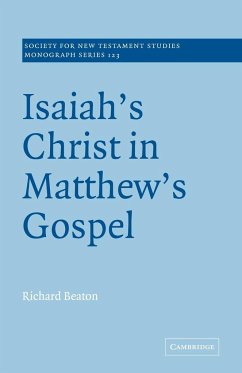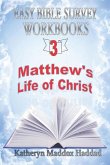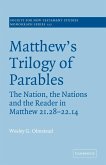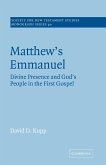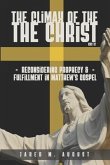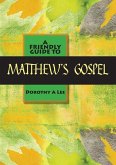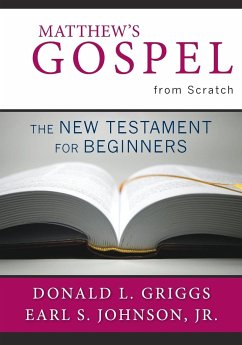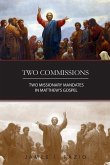Matthew's Jesus is typically described as the humble, compassionate messiah. This book argues that this is, however, only half the story. Matthew's theologically rich quotation of Isaiah 42.1-4, traditionally considered one of the four servant songs, underscores that manifest in Jesus' powerful message and deeds, particularly his healings and inclusion of the marginalized, is the justice that was thought to accompany the arrival of the kingdom of God. The study explores modifications to the text-form of the Isaianic citations, their relationship to the surrounding context, and the rhetorical force of the final form. It argues that the quotations are bi-referential, functioning on both a narrative and theological level, and also explores the issues surrounding the troublesome 'extraneous' content. It arrives at the conclusion that this citation was central to Matthew's understanding of Jesus' life and mission. All totalled, this study offers a refreshing exploration of Matthew's high, ethical Christology.
Hinweis: Dieser Artikel kann nur an eine deutsche Lieferadresse ausgeliefert werden.
Hinweis: Dieser Artikel kann nur an eine deutsche Lieferadresse ausgeliefert werden.
